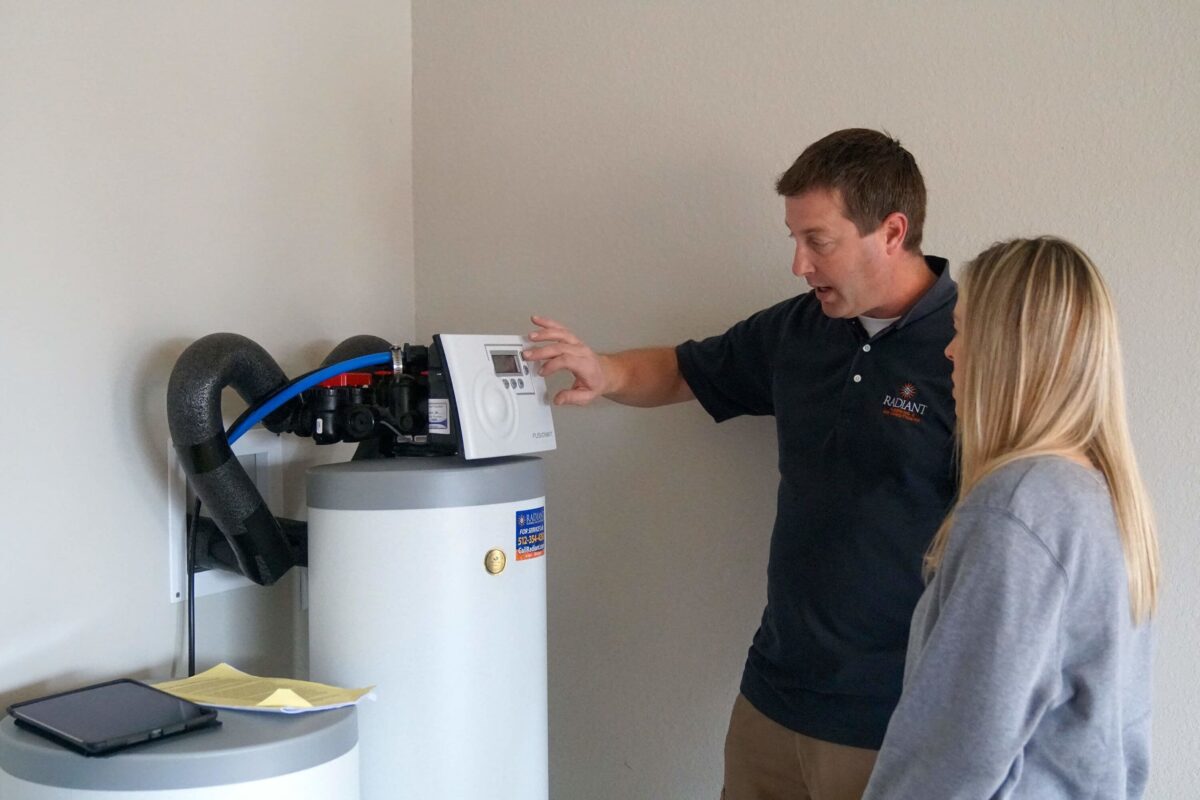The hardness of water can cause issues in your home. However, if you have been used to using it, you may not see how different it is from soft water.
Remember that hard water causes the stains you see in your appliances and can make your skin dry. If you think you are facing such issues, you will need a water softener to address them.
Note that water softeners do not only remove magnesium or calcium, which are the culprits in making water hard, but it also offers secondary benefits.
For example, whirlpool softeners can increase plumbing life, helping you save money in the long run. Moreover, water softeners have the power to eliminate iron, enhancing the quality and taste of tap water.
Acceptable Grain Count
One way to check water softener effectiveness is by measuring the grain count. Grain count is related to GPG (grains per gallon). This is how you can measure water hardness and determine the right water softener for you.
A grain is equivalent to one water gallon with 1/7000th lb of magnesium and calcium. These minerals cause the water to be hard. Therefore you must understand grain count before purchasing a softener. You can use a test kit to know the level of water hardness.
Once you know the GPG, you can compute which water softener suits your home. To calculate, use the formula below:
(people count at home x 80) x GPG = grain quantity you must remove
Reduce Iron Levels
High levels of iron in water can cause problems at home. Iron levels over 0.3 mg/L can cause stains, build-up of deposits, water discoloration, metallic taste, and more. To check for iron levels, use your senses. Below are the signs:
- The color of the water is reddish-brown, yellow, or cloudy.
- The taste and odor of water is metallic or unpleasant.



